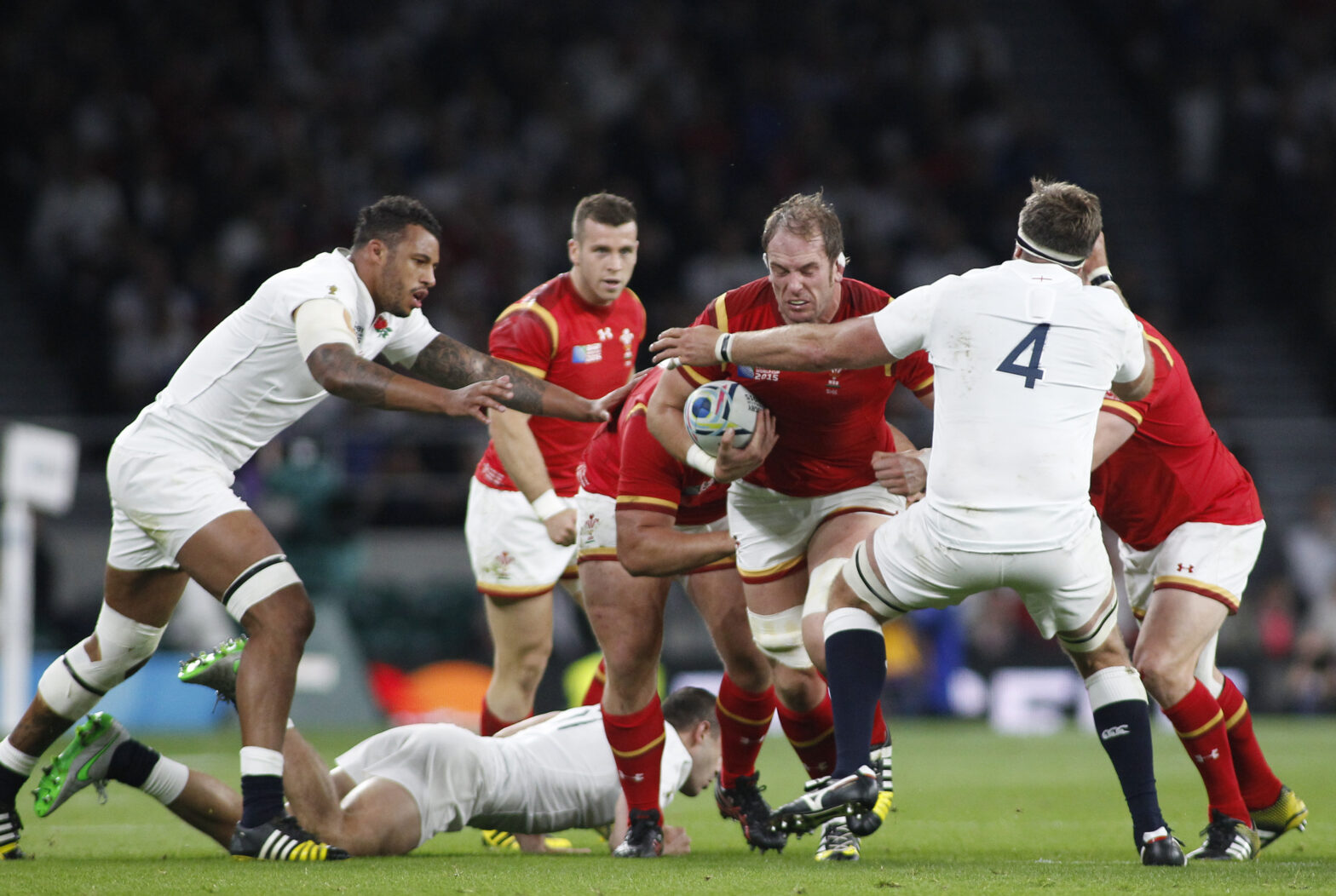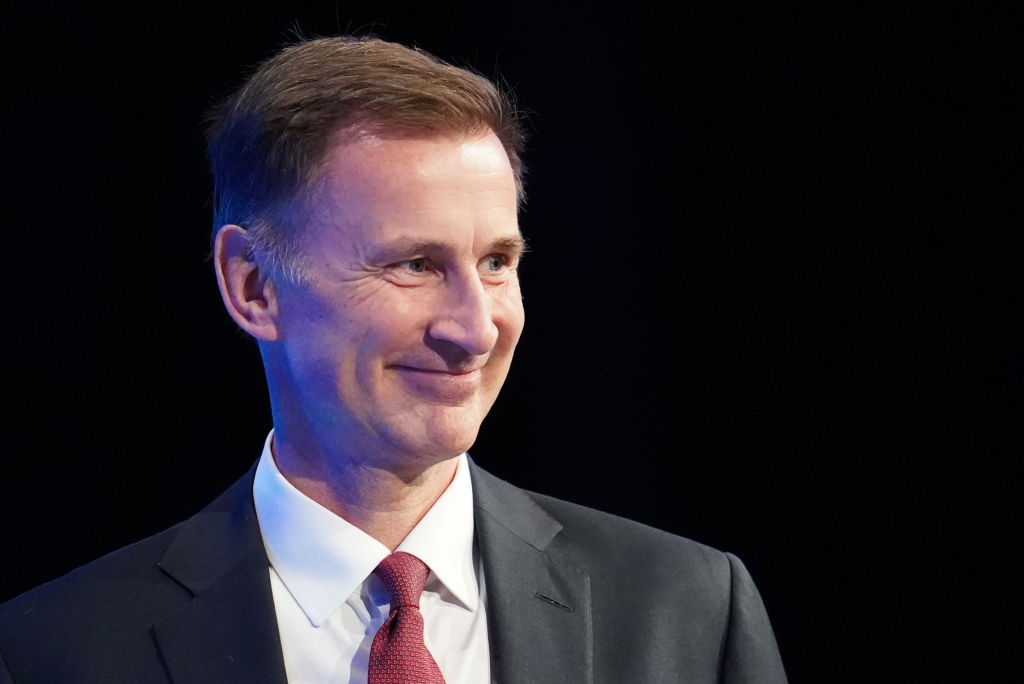Stepping out of the shadow of Premier League football, the World Cup is currently putting rugby in the spotlight, giving fans from around the globe an opportunity to enjoy what the best teams on the planet have to offer.
But fans are not the only ones who should look out for good deals. With alarm bells ringing for the last few months as turmoil has hit global financial markets, investors should consider breaking into the notoriously “recession proof” industry of sports.
Rugby in particular presents opportunity as the World Cup, a flurry of encouraging TV deals and a sustained rise in the sport’s global following are all rapidly growing the market.
Rife with opportunity
The UK rugby market is rife with opportunity in light of its leading global position, as the majority of Premiership rugby sides are national and international leaders in the sport. The Aviva Premiership clubs supplied the entirety of the British RWC squad and a total of 90 players to the World Cup teams, narrowly beating the 88 drawn from France’s Top 14.
Brands that can unite fans globally and attract a loyal, passionate following enjoy a myriad of commercial opportunities that extend beyond TV deals and competition prizes: revenue may come from sponsorships, from sales of branded merchandise or from monetising the club’s facilities, as in the case of the Gloucester team whose Kingsholm pitch hosting four events over the course of the tournament.
These factors underpin the financial strength of clubs as much as victories do, helping Gloucester secure a growing income base delivering stable profits for the last four years. For investors, understanding these overlapping revenue streams and the overall brand strength is the key to identifying the right acquisition target.
M&A in the sector has tended to be quieter than might be expected from the momentum behind the sport. Rugby is a market which has retained a traditional, largely single-shareholder, model of ownership, which has restricted supply and limited opportunities to buy top clubs.
>See also: M&A activity up 32% in 2015
This too, however, is gradually changing, and following in the footsteps of the Barclays Premier League, attracting rising foreign ownership and investment, rugby is slowly catching up. This spring saw the Wasps announce the issuance of £35m in retail bonds – the first of their kind to be available to the general public– secured on Ricoh Arena acquired last year.
The Rugby World Cup as an accelerator
The success of the issue, oversubscribed within days, illustrates how with the right assets clubs can ambitiously restructure their balance sheet to create a platform for further growth. With central banks continuing to buoy up the M&A market with cheap finance, the World Cup may be the trigger that accelerates this liberalisation.
As hundreds of thousands of tourists have descended on the 13 venues hosting the tournament, it is clear that the World Cup is proving huge driver of interest and investment in the sport.
England’s opening game was watched by 7.5 million fans nationwide, ticket sales have proved to be the highest ever and corporate sales outstripped even the 2012 Olympics. Combined with the global focus that a World Cup naturally brings, the power and value of rugby, especially abroad, is increasing.
Domestically, this has translated into significant publicity campaigns driving viewership, and crucially also into investment in infrastructure, as an £85m injection of funds has renewed the transport networks and venues that underpin the sport’s success.
In tandem with this global focus on rugby, we’ve seen television deals surge recently as the media frenzy for live broadcasting continues to climb. Total investment in broadcasting and sponsorship for the 2015 RWC stands at £320m, eclipsing the 2011 total of £122m, while recently announced record broadcasting deals for the Aviva Premiership are now bringing English clubs closer financially to the war chests of their French counterparts.
>Related: UK signs £325 suite of deals with China to boost creative industries
Boosted by the excitement around the World Cup, these deals reflect a fundamental positive cycle of increasing viewership leading to TV contracts, which in turn further extend the viewership.
Record reach
Clubs owners are perfectly placed stand to capitalise on this long term growth of the sport, evident in recent record beating figures as the England vs. Wales game claimed the top spot for most watched sports events this year 11.6m peak viewers in the UK.
With the tournament now nearing its end – and England’s World Cup hopes set back to 2019 – there remains excitement in store for fans and stakeholders alike.
The World Cup is undoubtedly a powerful catalyst for the growth of the sport, and as its hold over hearts and minds worldwide continues to spread, the time is right for those seeking to invest in sport to convert the opportunity.






